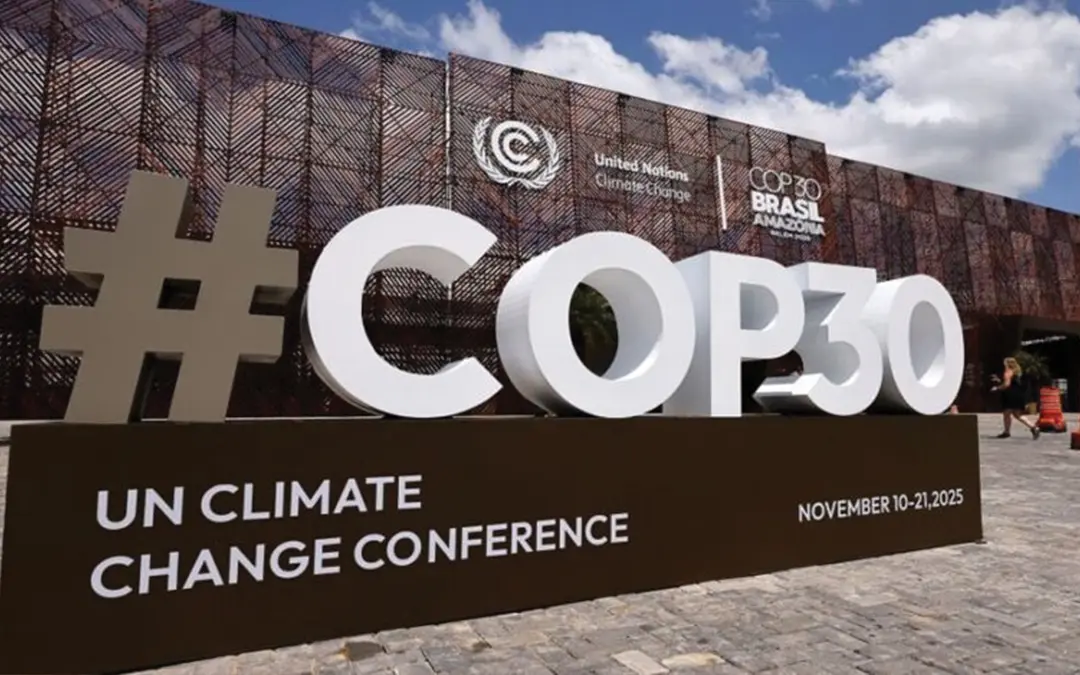NEW DELHI, INDIA—The intersection of environment and public health is dominating the national agenda, with India asserting its leadership role on the global climate stage while accelerating its domestic health research and pharmaceutical capabilities.
India Demands Climate Equity at COP30
At the ongoing UNFCCC CoP30 Climate Summit in Belém, Brazil, India is maintaining its firm stance that wealthy nations must demonstrate greater climate ambition and honor their financial commitments.
- Calling for Earlier Net-Zero: Environment Minister Bhupender Yadav urged developed nations to reach Net-Zero targets far earlier than their current deadlines, arguing that they hold the historical responsibility for climate change.
- Emphasizing Self-Reliance: India highlighted its own progress, noting that its non-fossil fuel-based energy capacity now accounts for more than half of its total electric installed capacity—a Nationally Determined Contribution (NDC) target achieved five years ahead of schedule.
- Global Collaboration: On the sidelines, Minister Yadav called for united global action on Energy Security, promoting India’s successful models like the PM Surya Ghar Rooftop Solar Programme and its work with the International Solar Alliance (ISA) to help smaller nations reduce reliance on costly diesel and improve climate resilience.
Health Minister Declares India a Global Health Hub
Domestically, Union Health Minister J. P. Nadda affirmed India’s growing stature in the health and pharmaceutical sectors:
- Research and Pharma Hub: Addressing the National One Health Assembly 2025, Mr. Nadda stated that India has established itself as a major international player in health research and pharmaceuticals, driven by technological advancements and a rapidly growing ecosystem of Med-tech start-ups.
- Pandemic Preparedness: The Minister highlighted the success of the National One Health Mission, which brings together 16 Central and State ministries to work jointly on protecting human, animal, and environmental health. He noted that this framework is crucial for identifying early warning signals for emerging pandemics and epidemics.
- Indigenous Technology: Nadda pointed to indigenous innovations like Truenat, Pathodetect, and CRISPR as examples of how India is expanding its capabilities for rapid and accurate testing, solidifying its role as a key supplier of vaccines and medicines to over a hundred countries globally.
The coordinated efforts in both climate diplomacy and public health underscore India’s commitment to achieving sustainable development goals while positioning itself as a leader in global health security.
Discover more empowering stories and insightful content like this on YOUxTalks, your go-to destination for inspiration and knowledge.
Follow YOUxTalks on Instagram: https://www.instagram.com/youxtalks











